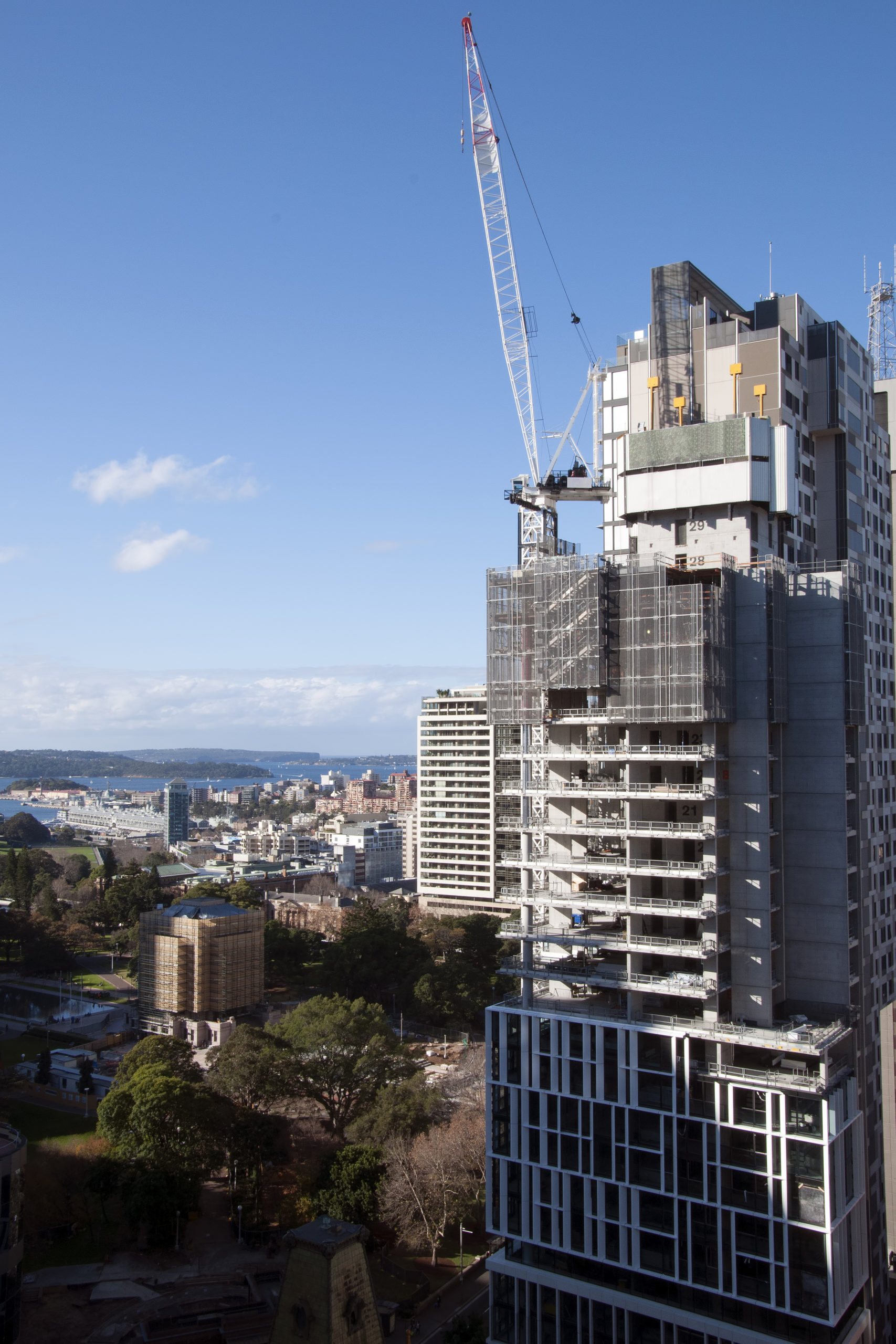The Urban Development Institute of Australia (UDIA) has expressed reservation that Australia’s housing market risks being an unintended victim of the escalating trade tensions between the United States and China.
Rhetoric emerging from the G20 Summit in Japan suggests that China’s interest in investing in Western economies may subside.
“Trade tensions reduce consumer confidence and inhibit the global flow of capital that underpins our domestic economic growth,” says UDIA National Executive Director Connie Kirk.
“China’s propensity for Western investment feeds into our prosperity, including the state of residential housing markets.
“China has served as a strong source of investment in both the direct financing of new developments, as well as purchasers of new properties that deliver pre-sales needed to get projects off the ground.
“China’s investment in real estate approvals in Australia currently stands at $12.7 billion, around 30% of the total share of approvals and the largest of any individual nation. This however is in sharp contrast to two years ago when approvals topped $31.9 billion.
“Approvals from the United States stand at $5.8 billion, placing the United States third, so any trade tensions between two of our top three sources of foreign direct investment into real estate will leave Australia worse off.”
The Foreign Investment Review Board has noted a $17.5 billion decline in the value of residential real estate approvals during the past year. Reasons suggested include state taxes and foreign resident stamp duty increases, foreign investment application fees and increased restrictions on capital transfers in home countries as some of the factors dampening foreign demand.
“As part of the 2017-18 Budget a 50% limit on the number of dwellings in a development that can be sold to foreign persons was introduced which reduced the value of new dwelling exemption certificates (NDECs). The recent fall in overall residential real estate approvals can be attributed to a reduction in new dwelling approvals, which in turn is attributable to a drop in approvals for NDECs.
“With falling house prices in Sydney and Melbourne – which also happen to be the primary locations for foreign investment in recent years – approvals to build new dwellings have also fallen, especially in the apartment sector which is typically favored by foreign buyers.
“UDIA advocates for the re-assessment of the impacts of taxation policy currently imposed on foreign buyers. UDIA’s National Policy Priorities 2019 “Building a Better Australia” outlines further recommendations for increasing housing supply and reforming taxes and charges on new housing.”

